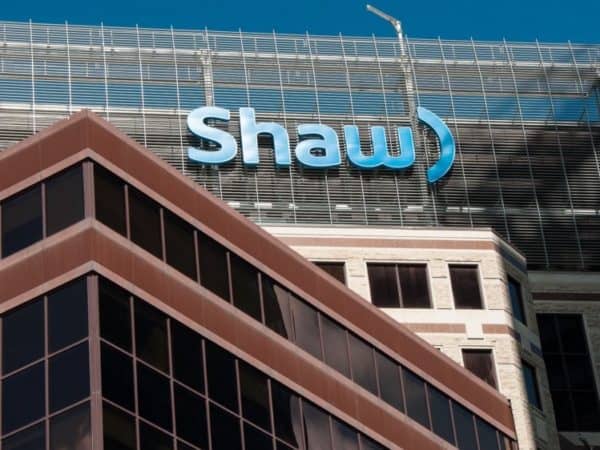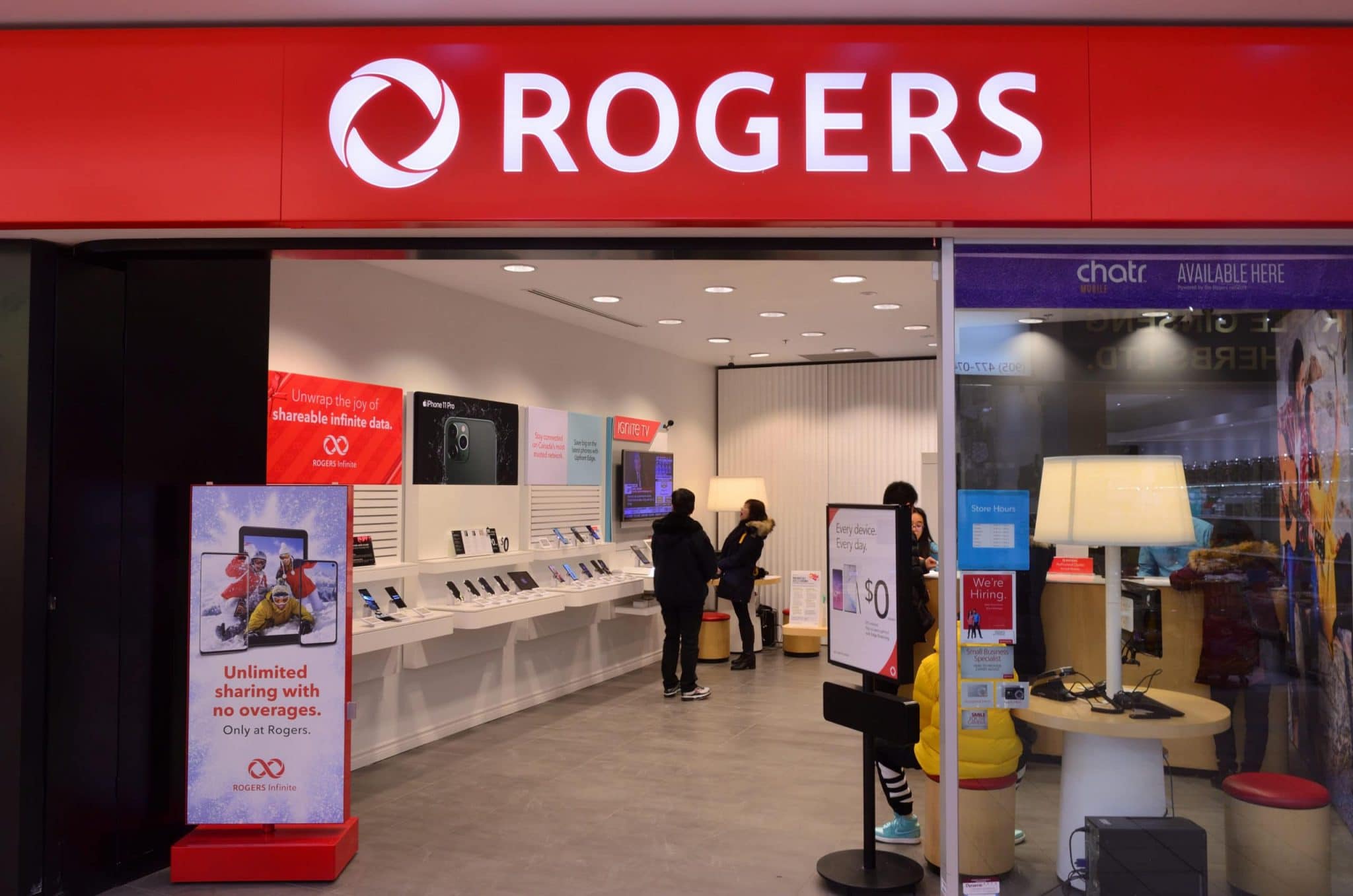
Whether or not the deal with Rogers goes through, Canadian telecom provider Shaw Communications (Shaw Communications Stock Quote, Charts, News, Analysts, Financials TSX:SJR.B) is too much of a risk, says John Zechner of J. Zechner Associates, who argues that investors should have some of the telcos in their portfolios, just not Shaw at this point in time.
“When Shaw was trading at $36 [after the merger was announced], the upside was ten per cent and the downside if something negative happens with the deal, I thought, would be it’ll be back in the low $20s or mid $20s against. So, on a risk/reward basis I thought I’d rather shift to Rogers which if the deal didn’t go through, there certainly wasn’t the same downside,” said Zechner, speaking on BNN Bloomberg on Monday.
Shaw’s share price was stuck at $23 for almost a year before it and Rogers Communications (Rogers Communications Stock Quote, Charts, News, Analysts, Financials TSX:RCI.B) announced their proposed blockbuster merger this past March, a $26-billion move that would shake up the ranks among Canada’s top telecom companies and put the combined entity on a stronger footing to compete with the likes of BCE and Telus.
SJR promptly rose to $34 per share and has been slowly edging higher as the weeks and months go by, currently sitting in the $36-$37 range in contrast to the terms of the proposed merger which would see Rogers pay $40.50 per share to acquire all of Shaw’s shares.
With hindsight, Zechner said owning Shaw before the deal was announced was fortuitous.
“I thought there was always a chance [of Shaw being taken over],” he said. “[But] we bought it for the fundamentals. I just liked the valuation in the sector generally and we like the name and the wireless.”
“The fact that Rogers came in and made that bid was always a possibility but it was just more a bonus for us. We did end up taking the position off and I did shift the money into Rogers, so we don’t own Shaw at this point,” Zechner said.
For Rogers, the current boardroom drama involved a fight within the Rogers family for control of the board after Chairman Edward Rogers called for the ouster of CEO Joe Natale. A recent court decision supported EdwardRogers’ position and paved the way for Natale to be replaced, as per Edward Rogers’ wishes, by the former CFO Tony Staffieri who now sits as interim President and CEO.
The Rogers-Shaw merger is currently going through regulatory scrutiny, with the Canadian Radio-television and Telecommunications Commission now commencing its hearing on the matter. Edward Rogers spoke on Monday before the CRTC, saying he and his company are “totally committed” to seeing the deal go through.
A central concern on the deal is its potential impact on competition within Canada’s wireless space which is already player-poor, with a Rogers-Shaw merger only whittling down the numbers. Canadians pay among the highest rates for mobile phones within industrialized countries worldwide, but both Rogers and Shaw say their combined heft would give them the coverage and infrastructure to provide more and better service to Canadians.
“Today’s telecommunications networks need scale to compete on the world stage. We believe passionately that a combination of Rogers and Shaw will help contribute to a stronger facility-based future for Canadians,” said Edward Rogers at the hearing, as reported by the Financial Post.
Complaints have been many about the hierarchical structure in Rogers which gives Edward Rogers and other family members essentially full power over the company despite being a publicly traded company. Rogers’ Family Trust controls 97 per cent of the company’s voting shares and Edward Rogers is head of the Trust. Ordinary shareholders in family-owned companies like Rogers and Shaw have ownership rights without voting rights.
Zechner said that structure is a problem but it’s one that isn’t going away anytime soon, while the Rogers drama closes on another chapter.
“[The Rogers conflict] seems to have settled itself maybe as best as it could given how bad the publicity was,” he said. “But I’m more about what these companies are like.”
“You’re always going to have these [issues] in Canada in the C-suite especially where you have the voting and non-voting shares which seem to be worse in this communication sector. It’s in Quebecor and Shaw and we’ve seen it in Videotron, they all have that same structure,” Zechner said. “It’d be nice if we could get rid of it altogether and have one share, one vote but that’s not the reality and until it is you’re still going to have these management issues.”
“But in the end, the fundamentals of the [Shaw] business that I really like, the infrastructure assets, the growth, obviously, in online activity and streaming and everything else. It positions these guys as well as anybody and we own the names right across the board,” he said.
Leave a Reply
You must be logged in to post a comment.




 Share
Share Tweet
Tweet Share
Share




Comment